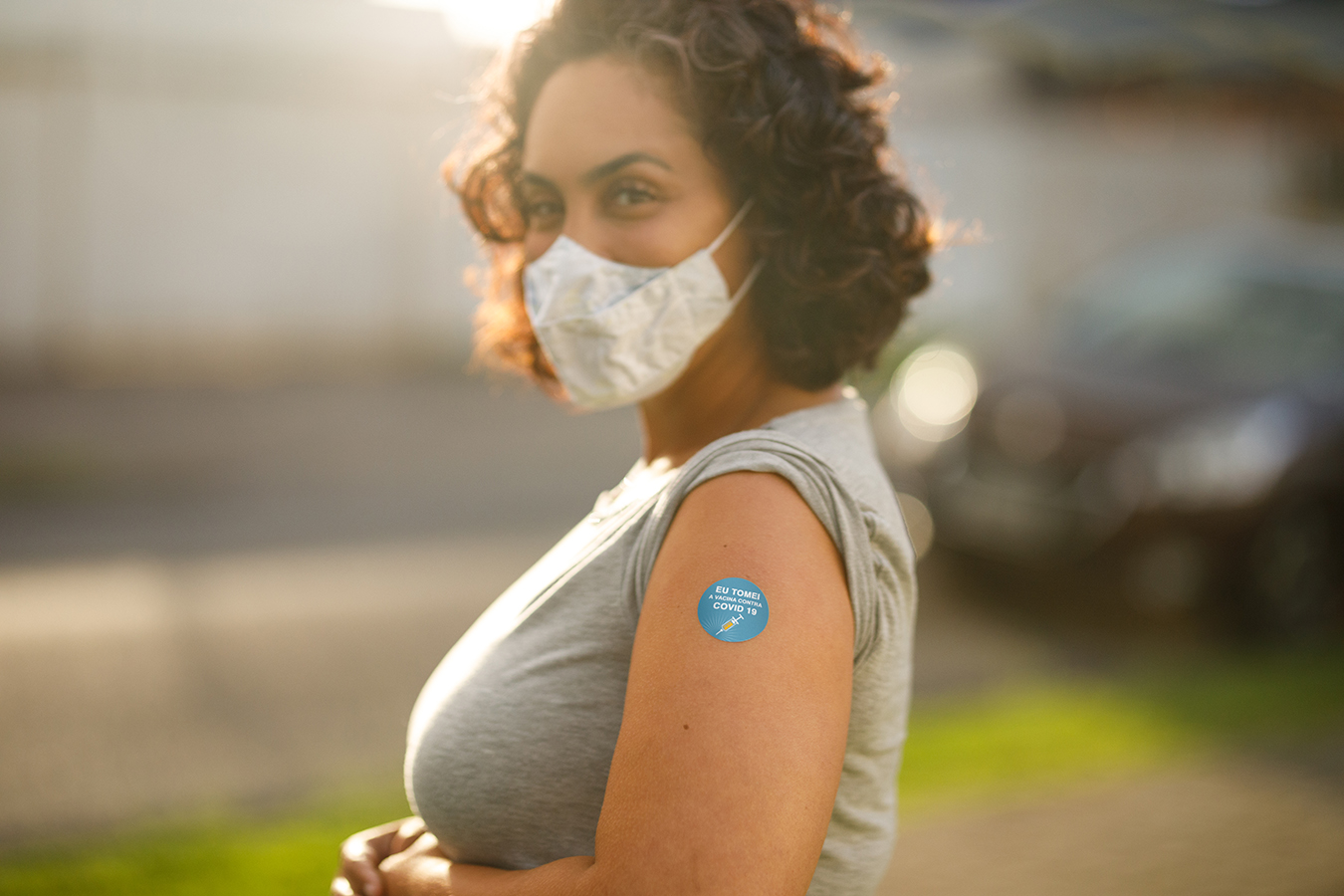Updates on the COVID-19 Vaccines

The FDA has granted full approval for COMIRNATY/Pfizer-BioNTech’s COVID-19 Vaccine. Learn more from the CDC.
On April 18, the FDA issued the following statement:
"We are prepared to offer booster shots for all Americans beginning the week of September 20 and starting 8 months after an individual’s second dose. At that time, the individuals who were fully vaccinated earliest in the vaccination rollout, including many health care providers, nursing home residents, and other seniors, will likely be eligible for a booster." Read more.
On August 13, federal health officials approved an additional COVID-19 vaccine dose for people who are moderately to severely immunocompromised. The approval was only granted for people who received either Pfizer/BioNTech or Moderna vaccines. The recommendation does not yet apply to the Johnson & Johnson vaccine as there are not enough data to determine if a booster dose will be required for those individuals.
The Centers for Disease Control cited data that suggest that many of the hospitalized breakthrough cases are fully vaccinated immunocompromised individuals as one of the reasons for their updated recommendations.
Who is considered moderately to severely immunocompromised?
The CDC recommends that the below people receive an additional dose.
- Receiving active cancer treatment for tumors or cancers of the blood
- Received an organ transplant and are taking medicine to suppress the immune system
- Received a stem cell transplant within the last 2 years or are taking medicine to suppress the immune system
- Moderate or severe primary immunodeficiency (such as DiGeorge syndrome, Wiskott-Aldrich syndrome)
- Advanced or untreated HIV infection
- Active treatment with high-dose corticosteroids or other drugs that may suppress your immune response
According to the CDC, if you get a third dose, it should match the primary mRNA vaccines that you initially received, whenever possible and the additional shot should be administered at least 28 days after your initial round of vaccinations. They also say, “reactions reported after the third mRNA dose were similar to that of the two-dose series: fatigue and pain at injection site were the most commonly reported side effects, and overall, most symptoms were mild to moderate.”
Roy E. Weiss, M.D, Chief Medical Officer for COVID-19 at the University of Miami, says patients who fall into this group should talk to their healthcare provider about their medical condition, and whether getting an additional dose is appropriate for them.
Other protective measures should still be followed
While the third dose will likely boost your protection against COVID-19, if you are immunocompromised, you should still wear a mask, stay six feet away apart from others you don’t live with, and avoid crowded and poorly ventilated indoor spaces.
“Particularly with the surging numbers of positive cases due to the increased transmissibility of the Delta Variant, getting a third dose may offer better protection to the most vulnerable,” says Dr. Weiss. “However, it is also important that those around you who are able to get vaccinated, do so.”
Compiled by Natasha Bright. Medically reviewed by Dr. Roy Weiss.
